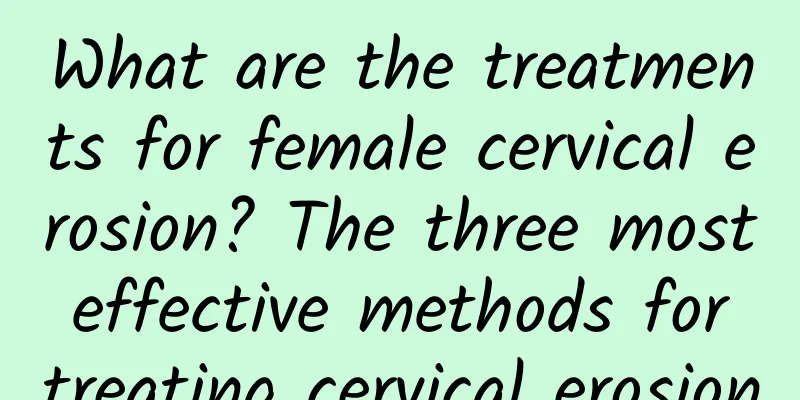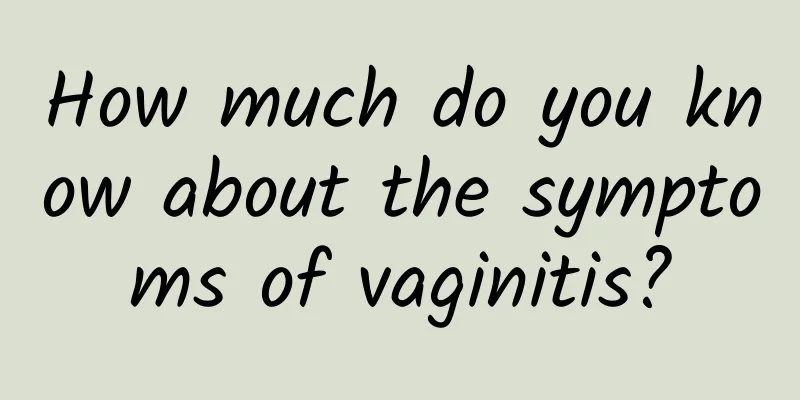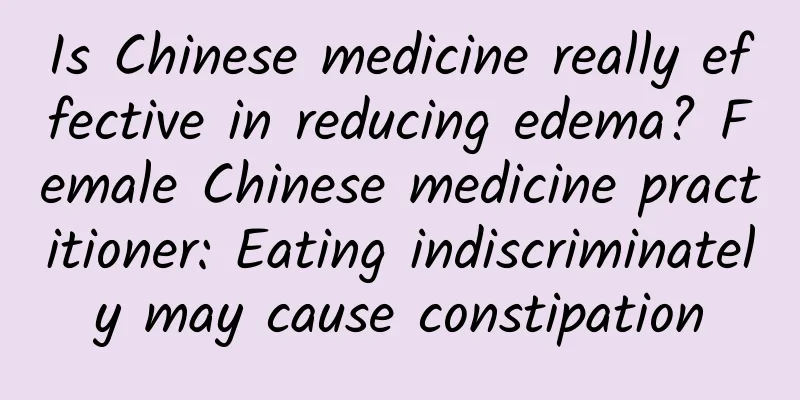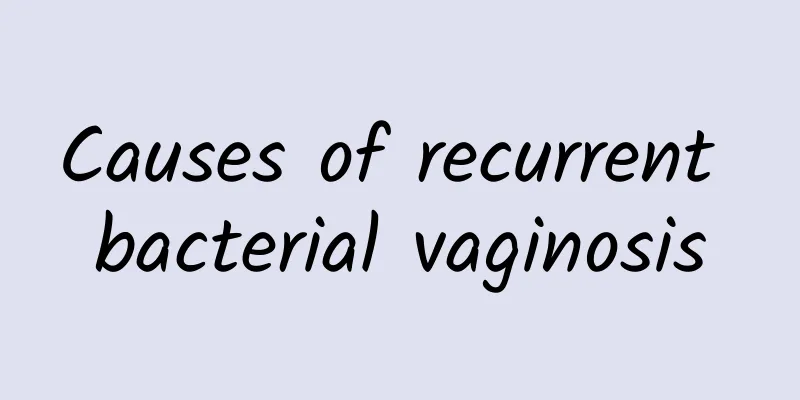What medicine should I take for endometritis and pelvic inflammatory disease
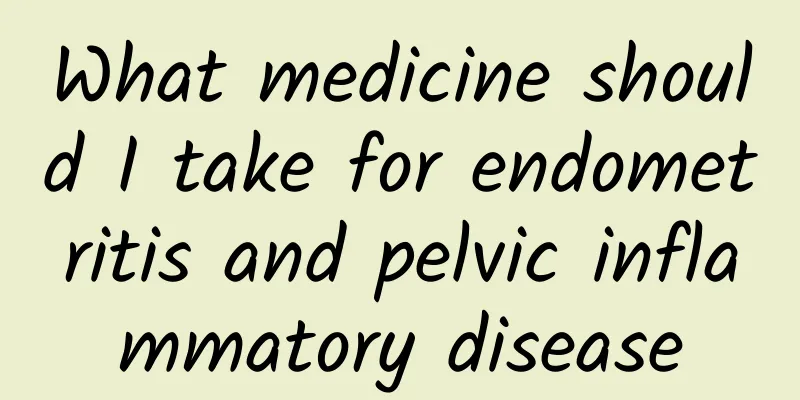
|
The treatment of endometritis and pelvic inflammatory disease is mainly based on antibiotics. Commonly used drugs include cephalosporins, metronidazole, and doxycycline. They can also be combined with Chinese medicine conditioning and physical therapy. Endometritis and pelvic inflammatory disease are mostly caused by bacterial infections. Common pathogens include gonococci, chlamydia, anaerobic bacteria, etc. Appropriate antibiotics should be selected according to the type of pathogen. 1. Antibiotic treatment is the main method for endometritis and pelvic inflammatory disease. Cephalosporin antibiotics such as ceftriaxone and ceftriaxone are effective against gonococci and anaerobic bacteria; metronidazole is effective against anaerobic bacteria; doxycycline has a good effect on chlamydia and mycoplasma. Medication should be taken according to the doctor's instructions. The course of treatment is usually 7-14 days. Avoid stopping the medication on your own, which may cause the disease to recur. 2. Chinese medicine conditioning can assist in treatment, relieve symptoms and improve immunity. Commonly used Chinese medicines include honeysuckle, dandelion, Patrinia scabra, etc., which have the effects of clearing away heat and detoxification, anti-inflammatory and analgesic. They can be decocted or made into Chinese patent medicines, such as Fuke Qianjin Tablets and Jingangteng Capsules, but they must be used under the guidance of a doctor to avoid adverse reactions with Western medicines. 3. Physical therapy such as hot compress and infrared irradiation can promote pelvic blood circulation and relieve pain and inflammation. Hot compress can be done with a hot water bottle or a heat pack, 1-2 times a day, 15-20 minutes each time; infrared irradiation should be carried out in a professional medical institution, 2-3 times a week, and continuous treatment for 2-3 weeks. 4. Dietary adjustment helps recovery. It is recommended to eat more foods rich in vitamin C, such as citrus and kiwi fruit, to enhance immunity; avoid spicy and greasy foods to reduce inflammatory stimulation; and supplement protein such as eggs and fish in moderation to promote tissue repair. 5. Adjusting your lifestyle is crucial to preventing recurrence. Pay attention to personal hygiene, change your underwear frequently, and avoid using irritating lotions; maintain moderate exercise such as yoga and walking to improve your physical fitness; avoid sitting for long periods of time, and exercise regularly to improve pelvic blood circulation. The treatment of endometritis and pelvic inflammatory disease requires the comprehensive use of antibiotics, Chinese medicine, physical therapy and dietary conditioning, while adjusting lifestyle habits to prevent recurrence. If symptoms persist or worsen, you should seek medical attention in time to avoid delaying the disease. |
<<: Will cervical adhesions cause infertility?
>>: Is it dangerous to have an abortion for a cervical pregnancy? Will there be bleeding?
Recommend
Is cervicitis hereditary?
Is there a genetic tendency for cervicitis? The a...
Experts analyze several reasons for irregular menstruation and heavy bleeding
"What are the reasons for heavy menstrual bl...
The most common symptoms of cervical hypertrophy in women
Among gynecological inflammations, cervical hyper...
Make good use of your time to teach you how to walk and lose weight
Hippocrates, the father of medicine, believed tha...
Five symptoms of malignant uterine fibroids
Correctly understanding the symptoms of malignant...
Learn more about the causes of ovarian cysts step by step
The appearance of ovarian cysts brings great harm...
Common early symptoms of cervicitis
Cervicitis is a common disease among women. There...
How to prevent miscarriage in early pregnancy
How to prevent miscarriage in early pregnancy? Mi...
How to arrange diet after miscarriage?
How should the diet after miscarriage be arranged...
A 30-year-old woman had liposuction to restore her figure after giving birth, but she almost died from fat embolism! Doctors warn: Liposuction is not a panacea for weight loss
Postpartum women may think liposuction is the qui...
Does polycystic ovary cause short menstrual periods?
Polycystic ovary syndrome (PCOS) may cause short ...
What are the symptoms of ectopic pregnancy?
For newlyweds, a healthy baby is their most preci...
Treatment of patients with pelvic inflammatory disease must pay attention to its method
Pelvic inflammatory disease is a common female di...
How is pelvic inflammatory disease diagnosed?
For patients with pelvic inflammatory disease, es...
What to do with uterine fibroids in the elderly
What should the elderly do with uterine fibroids?...


